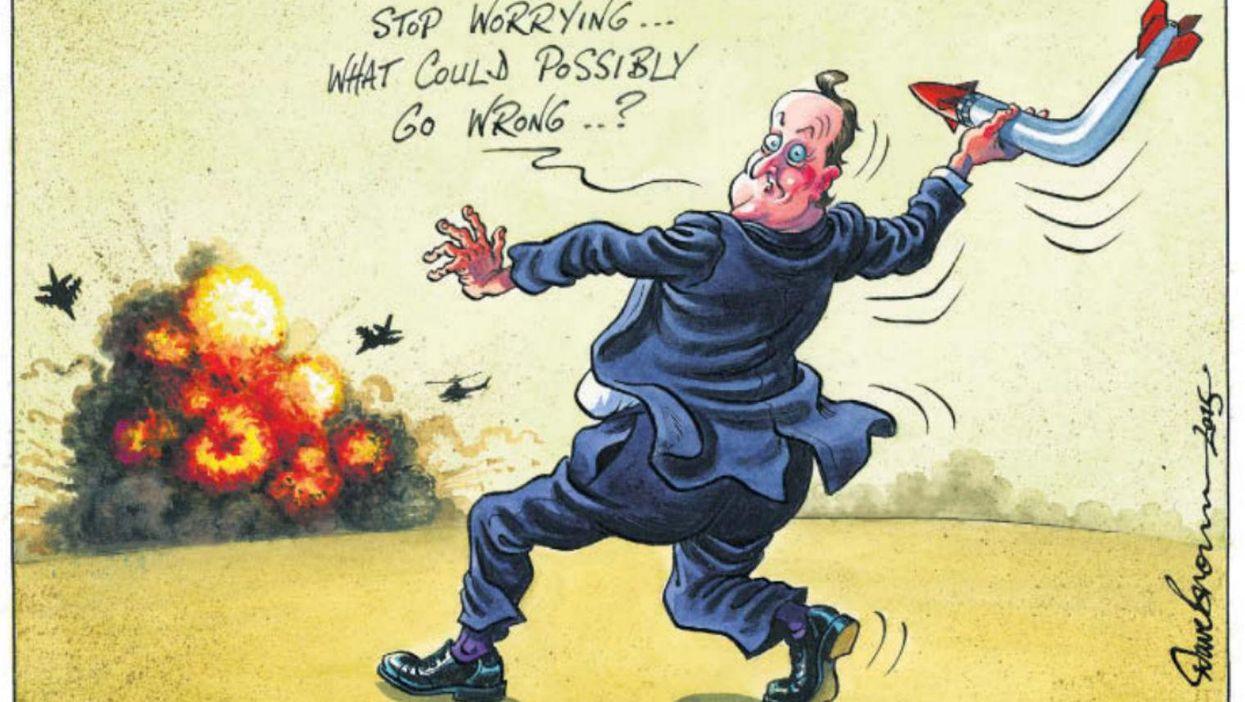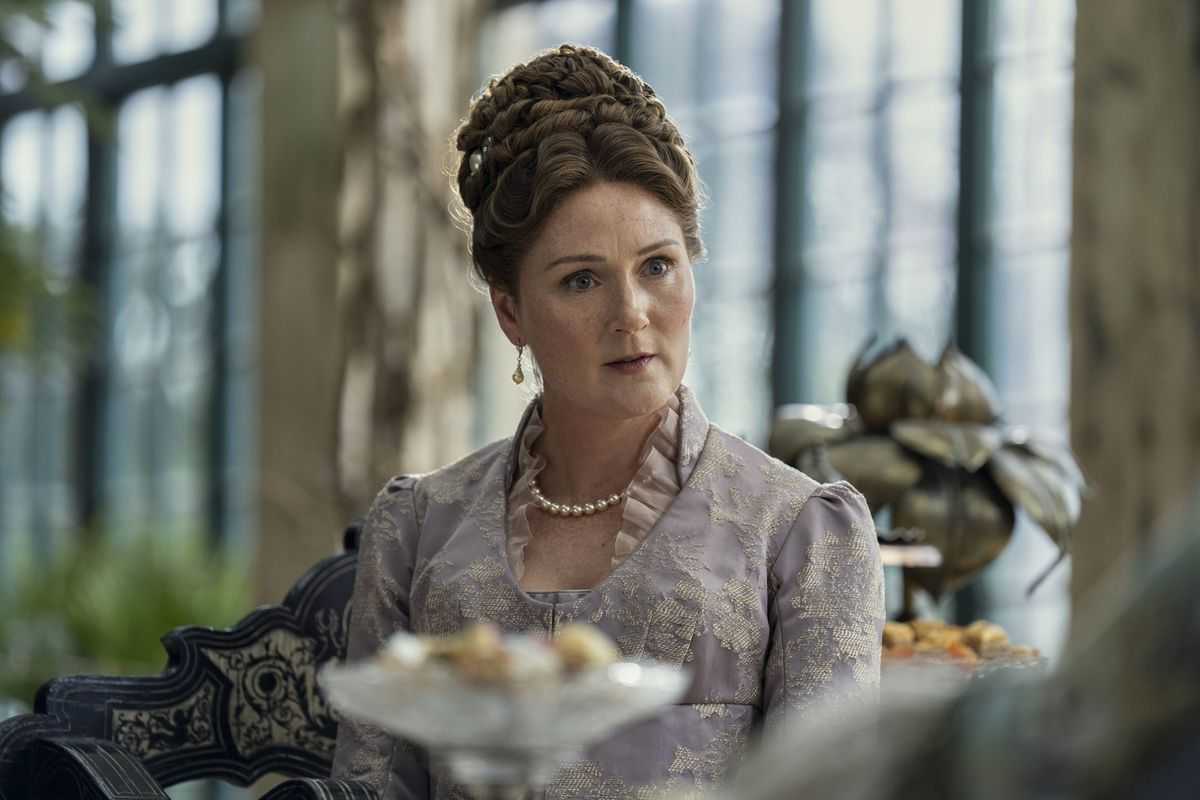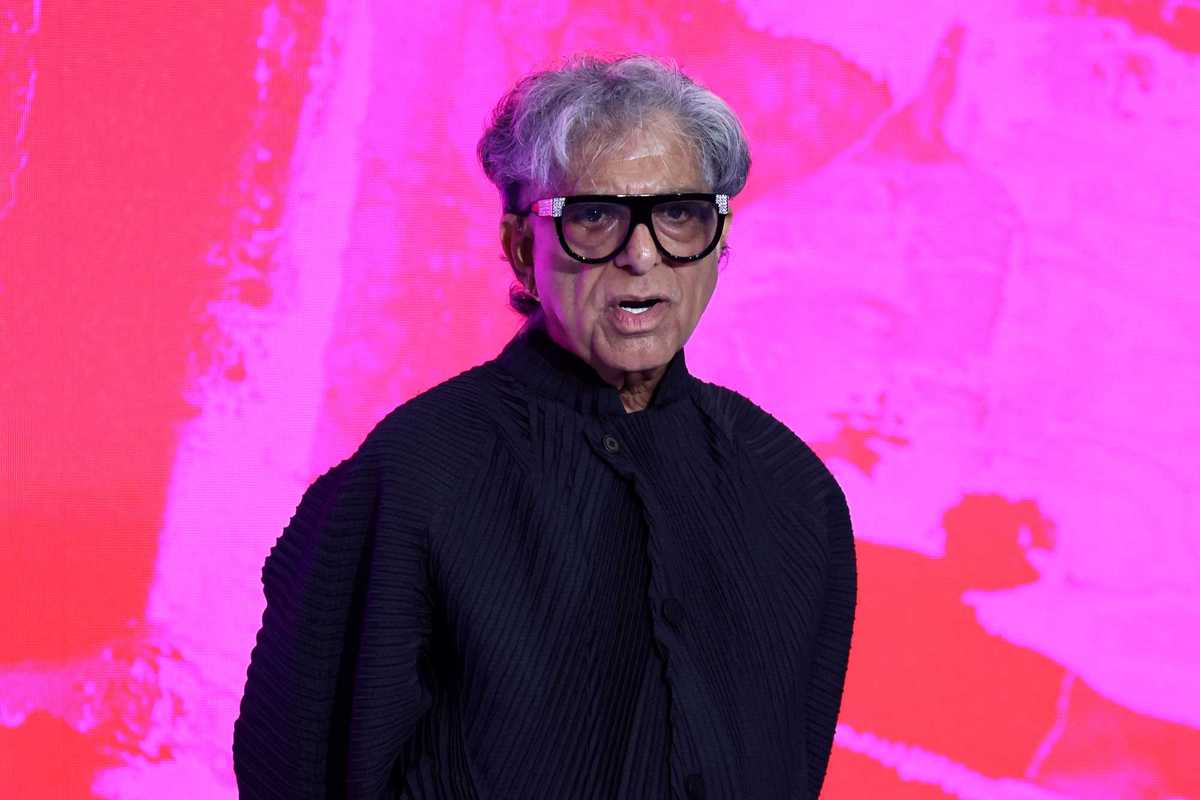News
Evan Bartlett
Dec 02, 2015

David Cameron has accused Labour leader Jeremy Corbyn of being a "terrorist sympathiser" for opposing air strikes on Isis in Syria, ahead of the Commons vote on Wednesday.
While it has been pointed out that less than half the British population are actually in favour of air strikes, others have pointed out the prime minister's, and the government's, own links to questionable regimes.
Saudi Arabia, although there is no clear evidence that its government has funded Isis directly, can be accused of stoking the "anti-Shia jihad" in Iraq and Syria, as The Independent's Middle East correspondent Patrick Cockburn lays out here.
The biggest problem, however, comes with rich actors within Saudi Arabia, as well as neighbouring Qatar, who are believed to have directly funded and sold weapons to extremist groups in Iraq and Syria.
It has also been argued that Isis' extremist views have been developed from Wahhabism, a strict form of Sunni Islam developed in Saudi Arabia in the 18th century which propagates the use of amputations and beheadings as punishment under Sharia law.
Earlier this year, Cameron insisted that Britain must have strong ties with what is our biggest market in the Middle East. After coming under fire for diplomatic and trade relations with the Saudi royal family, and what was deemed a "sycophantic" reaction to the death of King Abdullah, the prime minister insisted:
We have a relationship with Saudi Arabia and if you want to know why I’ll tell you why.
It’s because we receive from them important intelligence and security information that keeps us safe. The reason we have the relationship is our own national security.
But as Yousaf Butt, senior advisor to the British American Security Information Council, explained in a blog post in the wake of the Charlie Hebdo attack, that's not all there is to it:
The fight against Isis and al-Qaeda is deeply ironic since these organisations were created and are sustained, in part, by funds we hand over to the Saudis and Gulf Arab nations to purchase their oil. And while France mourns its cartoonists and police officers, the French government is busy signing military and nuclear deals worth billions with the Saudis. If we continue down this road, it may well be a never-ending war.
Not to mention the £4bn worth of arms that Britain is thought to have sold to Saudi Arabia since David Cameron came to power in 2010.
David Cameron with Prince Khalid bin Faisal bin AbdulazizMore: The UK may have cancelled the £5.9m Saudi prisons contract, but we did just sell them £4bn in arms
More: The ambassador for Saudi Arabia says Jeremy Corbyn lacks 'respect'
More: British foreign secretary Philip Hammond accepted a really expensive watch from Saudi Arabia
Top 100
The Conversation (0)













